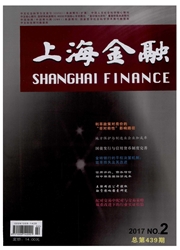

 中文摘要:
中文摘要:
保费收入的预测性无论对整个保险业的监管还是对各个保险企业的决策而言均很关键,但现有研究面临数据有限和方法缺陷等问题。为此,基于1999—2014年的月度数据,笔者使用改进后的预测性回归方法对我国保费收入的预测性进行严格的实证检验。结果表明:宏观经济指标(前一期固定资产投资完成额和货币供应量M2)对保费收入具有一定的预测作用,但对保费收入预测作用更为显著的是微观层面指标(前一期消费者预期指数和个人存款);同时,传统回归方法中显示具有显著预测作用的指标在更为准确的预测性回归方法中可能并不显著。
 英文摘要:
英文摘要:
The prediction of insurance premium is important to both the supervision of the entire insurance industry and the decisions of various insurance companies,but most of the existing studies have the problems of insufficient data and imperfect methods.Therefore,based on the monthly data from1999 to 2014,this paper employs the improved approach of predictive regression to strictly examine the prediction ability of insurance premium in China.According to the empirical results,the macroeconomic variables(Completed Investment in Fixed Assets and Money Supply M2)have some prediction power for insurance premium,but the stronger prediction power is from the micro-level variables(Consumer Expectations Index and Personal Savings).In addition,the variable which has been proven to have significant prediction ability by traditional regression approach may be found to be insignificant by the more accurate approach of predictive regression.
 同期刊论文项目
同期刊论文项目
 同项目期刊论文
同项目期刊论文
 期刊信息
期刊信息
